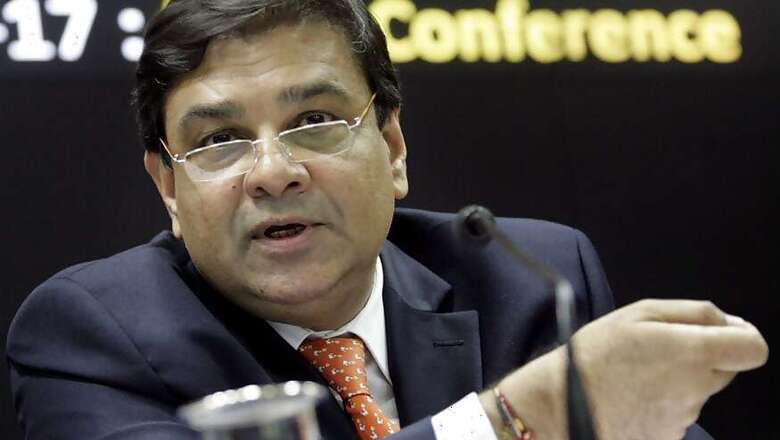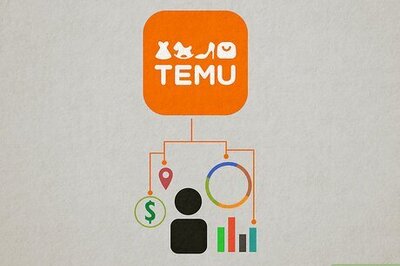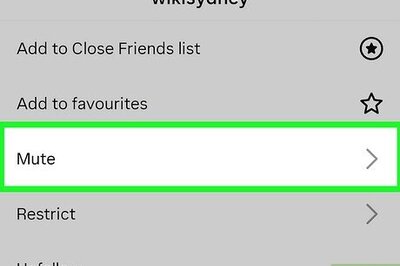
views
New Delhi: India’s Central Bank and Finance Ministry officials – the nation’s top managers of the economy – provided more details about the move to scrap currency notes of denominations Rs 500 and Rs 1,000, in a move they labeled as “bold” and “decisive”.
Urjit Patel, the Governor of the Reserve Bank of India, said that the government had observed that currency notes of high denomination were being misused and fake currency notes were being used for terror financing.
The Governor said that though the security features of the notes had not been breached, it was difficult for the general public to differentiate between real and fake currency. It was for this reason that the decision was taken by the government and the RBI to scrap Rs 500 and Rs 1,000 notes as legal tender.
Shaktikanta Das, Economic Affairs Secretary in the Finance Ministry, called the move ‘Bold’, ‘Decisive’ and ‘Powerful’. He said that the government had taken a series of steps in the past few years to fight the menace of black money and this move was just the latest.
Giving statistics to support the move, Das said that while the increase in the circulation of notes of all denominations had grown by 40% between 2011-16, those of 500 rupees had increased by 76% while those of 1,000 rupees had grown by 109%. The economy had expanded only 30% in this period.
“This shows the disproportionate increase of high denomination notes,” Das said. He added that the RBI was launching a series of new currency notes from November 10 and it will be called the Mahatma Gandhi series.
Meanwhile, telephone helplines have been set up at the Reserve Bank of India in Mumbai and the Finance Ministry in New Delhi, which will be operational from 8 am tomorrow. The Mumbai number is 022-22602201 while the New Delhi number is 011-23093230. State governments have been informed of the move and what to do during the transition period.
Shaktikanta Das also cautioned people not to be used by those who want to exchange their unaccounted money. He said that banks would keep a record of everybody who exchanges currency notes.
Also read: Here's What You Have to do With Old Rs 500 and Rs 1,000 Currency Notes


















Comments
0 comment